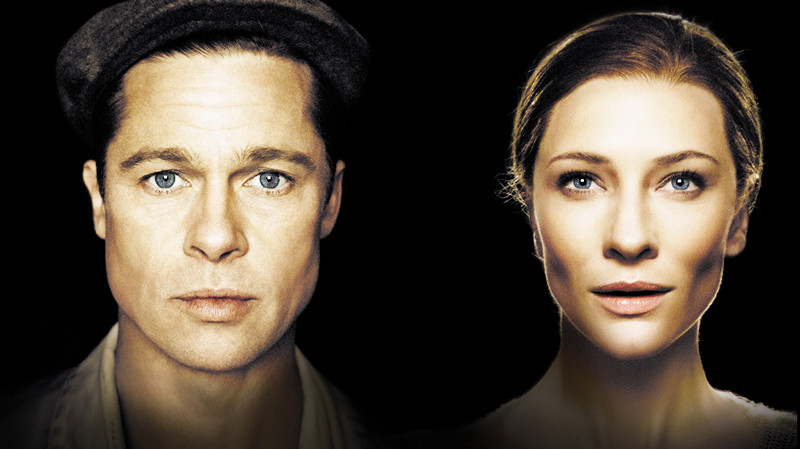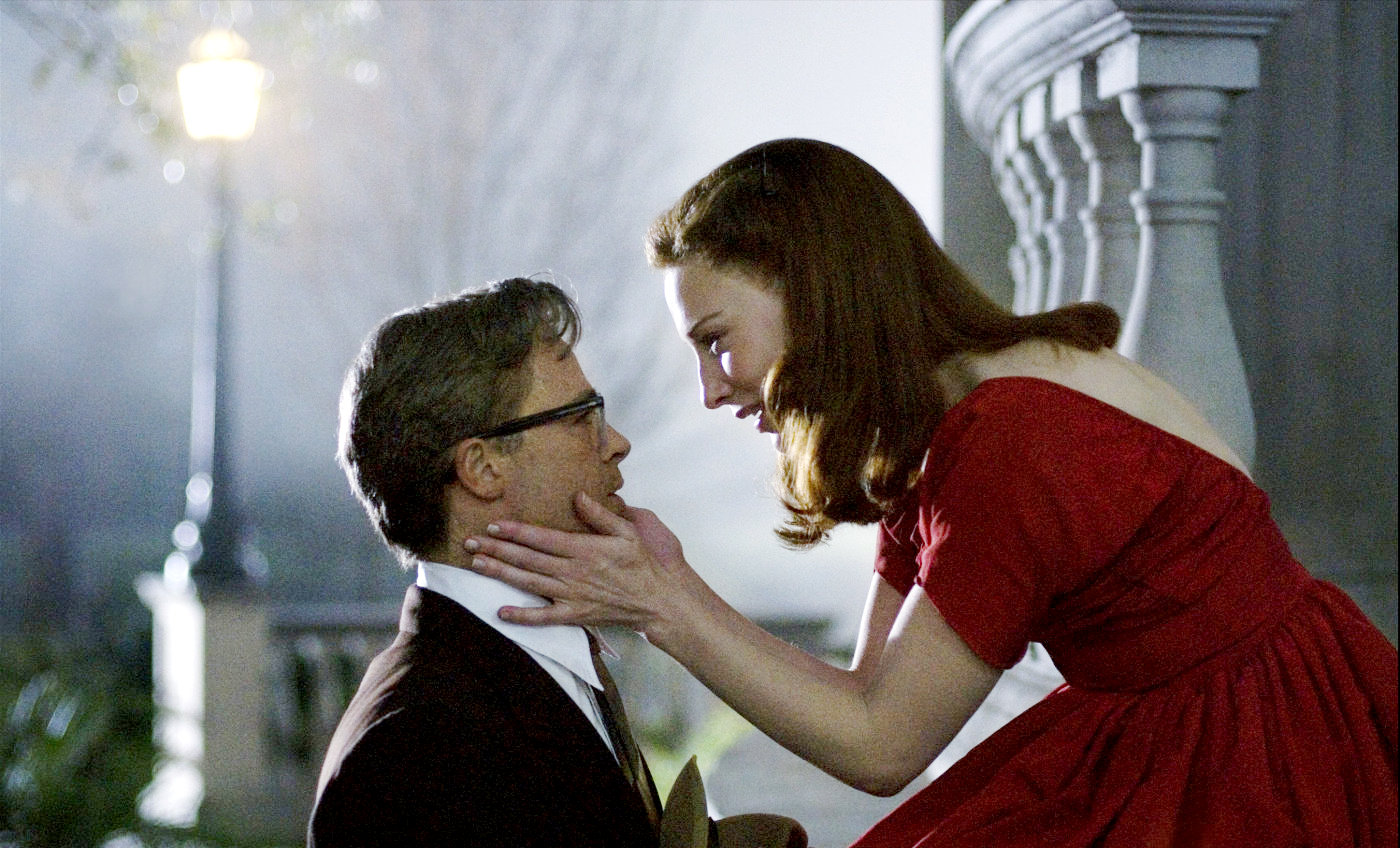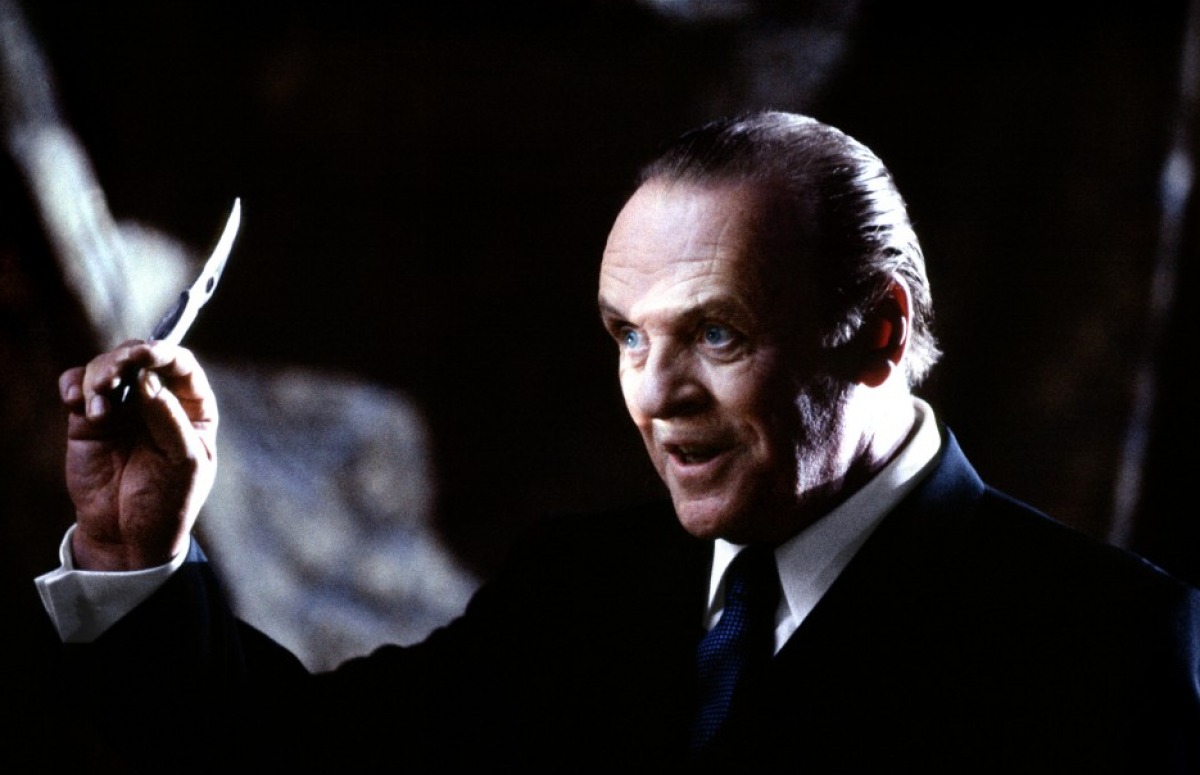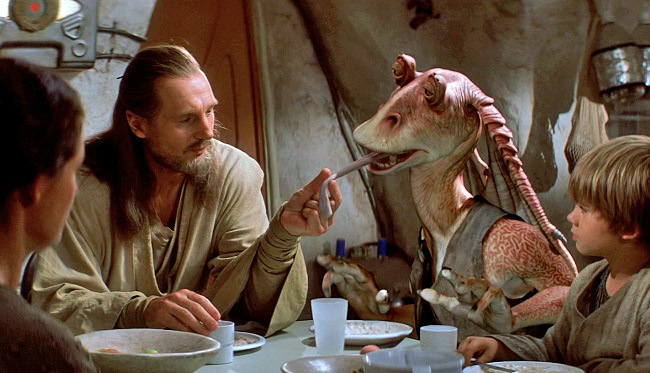
Filmmaking is all about chemistry. Apart from the chemistry between the actors that is always evident on the screen, there are other kinds of bonding that must happen if a quality film is to be made. The technical crews should bond with each other and with the director of that film, the casting has to be perfect so that it matches the script’s demand, and all of the related persons should be in the highest order of their energy. If it doesn’t happen, the film is bound to be mediocre at best.
This has happened with the best of directors through the decades where a genius made a very bad film according to their repertoire. Another reason could be the inexperience of a legendary filmmaker in their rookie filmmaking days; the chaotic atmosphere on the set could cause even emotional and mental turmoil. The weather forecast may not be right, the dates of the lead players might have clashed, and it also adds to the struggle of the film that has to overcome.
1. Aloha – directed by Cameron Crowe

Cameron Crowe has built a solid reputation as a renowned American filmmaker with “Jerry Maguire,” “Almost Famous,” and the controversial American remake of “Abre Los Ojos” called “Vanilla Sky.” After a gap of four years, and after making the small niche film “The Union” based upon the collaboration of Elton John and Leon Russell in 2011, Crowe made “Aloha” in 2015 with a stellar cast featuring Bradley Cooper, Emma Stone, Rachel McAdams, John Krasinski and Bill Murray.
All of the compliments for gathering so many wonderful actors in the same space end there. Blatant accusations of whitewashing came about because apart from the talented actors, the casting was a mess, especially with Stone as a native Hawaiian female. 20th Century Fox and Columbia Pictures marketed the film as a rom-com, but all the easy-breezy fun of a romantic comedy was nowhere to be found in this film; it was backgrounded under an uneven, lackluster script and illogical events.
There are frequent mentions of Cooper’s changing profession,, while the female characters are underdeveloped, maintaining Crowe’s stereotypical egotistical male character who falls in love with fellow women in an instant, then rethinks his decision. Cameron Crowe misses the point here.
2. Vicky Cristina Barcelona – directed by Woody Allen

Prolific filmmaker Woody Allen has a delicate balance in his filmography with an equal number of hits and misses. There are films that are arguably worse than his 2008 Spain outing “Vicky Cristina Barcelona,” but this film is the biggest example of exploiting and playing with the audience’s expectations because of the good reputation he has built throughout the years. At least Allen was honest and admitted that he made this film for money and for a holiday in Spain: it is the only relief.
The Spainish government asked Allen to make a film based on their country and he grasped the opportunity to cast sultry beauties in exotic locales. Javier Bardem acts with his omnipresent charisma and talent, while Penelope Cruz surprised with her excellent turn as painter Bardem’s alcoholic self-destructive wife.
Cruz was the best part of the film, eventually winning the Best Supporting Actress Oscar in 2009, but the rest of the cast had nothing to do in the film other than travel and bicycle in the exotic locales. The narrative device employed by Allen backfired; the voiceover present in the film in the style of an audiobook to emotionally guide the viewers is just bad, and the plot is very predictable. When the film ends, no special moment can be taken home by the viewer.
3. The Curious Case of Benjamin Button – directed by David Fincher

Using his popular repertoire as a manipulation device, David Fincher ripped the soul out of F. Scott Fitzgerald’s classic short story “The Curious Case of Benjamin Button” in his 2008 romantic drama film of the same name. It tries the use the long running time to its advantage to discuss and analyze the tragic philosophy of a unique experience, but fails to strike the right note with its overly sentimental tone.
As a film, Fincher’s “The Curious Case of Benjamin Button” most likely will be considered a cult film because of the strangeness of the story, but as always, his previous reputation caused it to become a classic. This could be a tragic love story, and the audience would likely weep if real chemistry was shown shattered in unfortunate events, but Brad Pitt and Cate Blanchett share no chemistry in the film.
The execution of the doomed relationship is absolutely pretentious, which is extremely difficult to explain in words. It was never a good decision from the start to stretch this classic short story for a feature film and ruin it; it’s a bad entry in one good director’s filmography.
4. Hannibal – directed by Ridley Scott

It’s always difficult to make a successful follow-up film to a commercially and critically beloved original movie. In 1991, Jonathan Demme broke a record: he made a horror film based on the novel by Thomas Harris of the same name, which won five Oscars including Best Picture. It was the first time a movie from the horror genre won this prize. Naturally, anticipation was high for a sequel, which was adapted from Thomas Harris’ novel and helmed by Ridley Scott.
Scott failed to made “Hannibal” an interesting film, with a bad script and characterization. He tried to replicate the philosophical intrigue and the dark comedy of the first film but failed. Hannibal Lecter was a genius psychologist and master manipulator, but the events that would lead to his first close capture is stupid.
The use of smelling experts is perfect meme material and Julianne Moore, the great chameleon, had one the worst roles in her career as Clarice Starling. In “The Silence of the Lambs,” Lecter was not the focus of the story; in “Hannibal” he is the protagonist. Still, it can’t match the genius fright fest of the original film and is a sore entry in the filmography of genius Ridley Scott.
5. Star Wars Episode 1: The Phantom Menace – directed by George Lucas

The sheer brilliance of the original Star Wars trilogy by George Lucas is always diluted with the notoriety of the prequels. Lucas made the prequel trilogy decades after the original films, and this could be the reason for the degradation of quality.
Lucas is a gifted filmmaker, there is no doubt about that with his films “American Graffiti” and “THX 1138,” but he is also more inclined for commercial success, and that backfires in this case. The inclusion of Jar Jar Binks is strictly a business decision to start a profit scheme surrounding merchandise, and he annoys us big time without any comedy or laughs.
Even if we excuse the bad CGI because of the film’s production year, which was only a year before the 2000s, the film still has its problems. Anakin Skywalker’s transformation into a devil from an annoying nine-year-old child is redundant and could have been exposed through minimal dialogue; you do not need the extra time and space to tell the audience that Anakin was a good boy in his earlier life. The action sequences in this first prequel entry feel clumsy and non-innovative, the casting is bad, and the filmmaker forgot its target audience.
A film series that is popular among the teenage population for its fantasy elements unnecessarily introduced galactic politics in its plot. Sadly, this is the one where, and not by the twist of politics but rather because of it, the innocent teenage populace as well as the older audience discards “Star Wars 1: The Phantom Menace” as a good film.